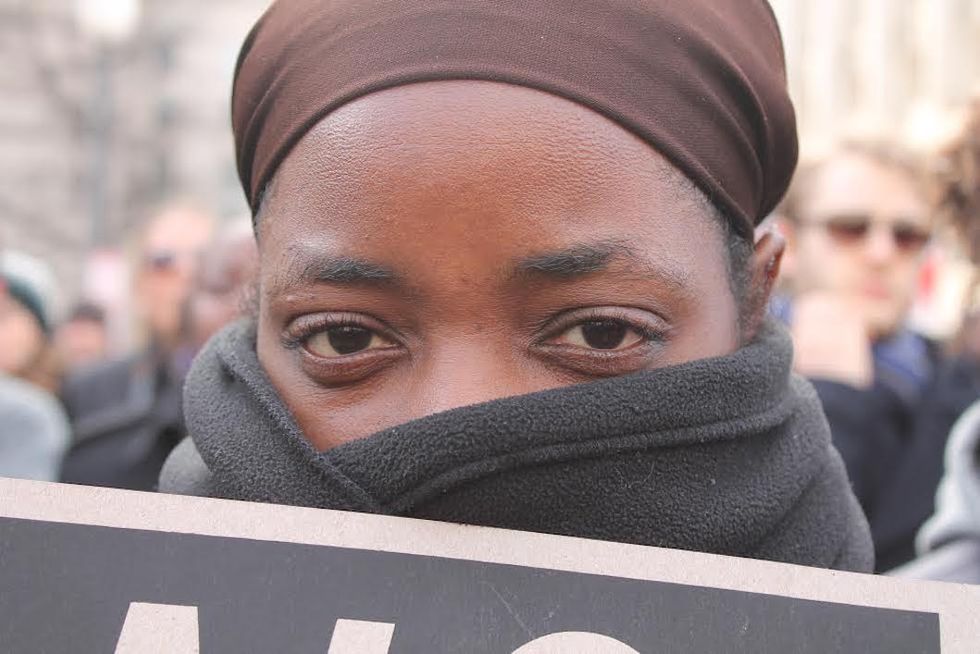White faces surrounded me. Walking through the hallways, sitting in class, talking to teachers, looking at my reflection in the mirror; it was an extremely rare day where more than a quarter of the people I encountered weren’t white. Growing up in a community that lacked diversity, there was an immense amount of white privilege.
Surrounded by so many other people of the same skin color, it was easy to disregard the advantages I had because of my race. Growing up, I found that many times I would recognize these privileges were times that I experienced white guilt.
I do not think that I should have felt guilty for being born with white skin; however, I am rightfully guilty of allowing myself to ignore the privilege I have. At a young age, I had trouble grasping the concept of white privilege because my friends who were not white received the same benefits as I did.
We all made the same soccer teams, we all got the same grades on our group projects; I assumed we all had the same advantages. My naïve point of view evolved as I aged and opened myself up to seeing the difficulties limited to the African American experience.
Once I reached an age where race became a noticeable factor in my daily life, I found myself pondering the concept of “white privilege”. Being young and beginning to understand the idea of inequality, I began to see that I had advantages as a white person that black people did not have. I began to notice my white privilege.
White privilege means that life is catered to people who are white. It is advantages you have when you are brought into this world with that will stay with you until you leave it. To my friend Allyson, a black college student, white privilege means “the ability to have safety and security that I will never have because of my skin color”.
Growing up in the same area, Allyson and I both agreed that regardless of race, ethnicity, or gender, there was an equal opportunity in our high school. The differences, however, were manifested in what white students did with their privilege. Over the span of four years we had multiple optional school days dedicated to diversity, and many white students, backed by their parents, chose to not attend despite the chance to further their experience with diversity.
Allyson saw that while white students and black students received almost equal benefits, “it is the reaction to certain opportunities that differentiate amongst white students and students of color”.
Allyson also enlightened me on certain aspects of white privilege that I had trouble recognizing. When going to the store to shop for hair products, there are many aisles available to satisfy hair and body products for white consumers, but a minuscule part dedicated to her needs that fell under “multicultural beauty”. This is a perfect example of how society has been built to cater for white people and further establishes white privilege.
As a white woman in America, my reason to bring up the issue of white privilege is to remind white individuals the importance of taking a step back to recognize how our lives are raised on a pedestal the second we're born. I am not saying that we need to get rid of this privilege, but we need to elevate others to create equity amongst all races. We do not need black convicted felons filling our prisons while white individuals who committed the same crimes receive a “get out of jail free card”.
We do not need black citizens getting shot by police officers because they looked “suspicious”. We do not need this criminal act of racial profiling that is plaguing our society and generations to come.
We demand change. It is long past the time to create this needed equity between races, but it is up to each and every one of us to take the opportunity to be open to a mentality that will allow each of us to contribute to a world that caters to all needs, no matter your skin color.

















